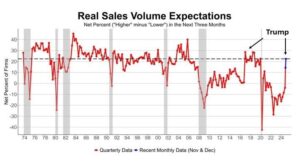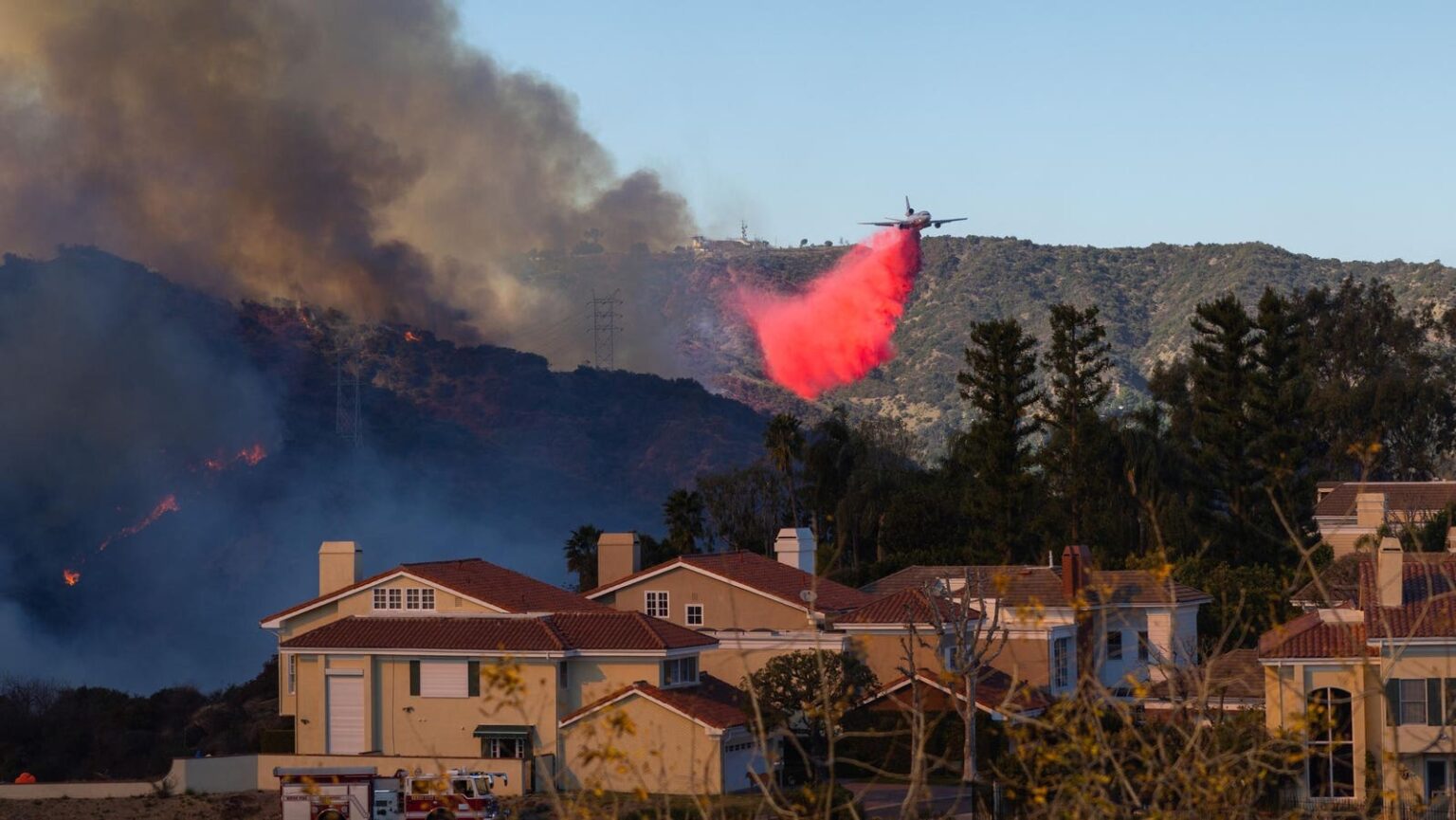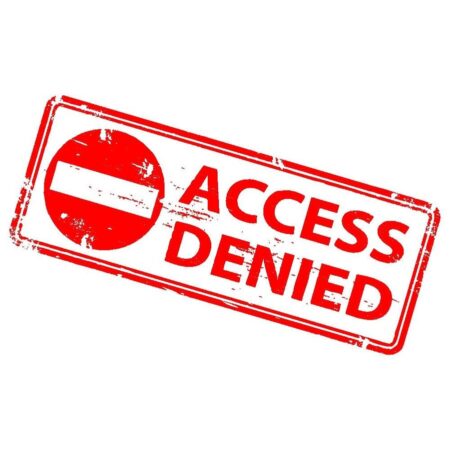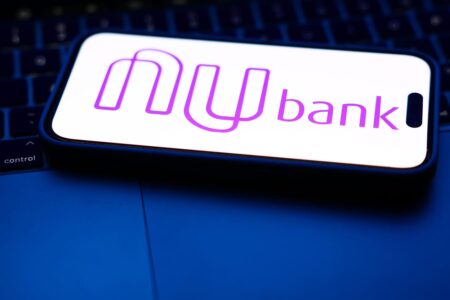During the Great Fire of London, in 1666, the famous diarist Samuel Pepys buried his cheese and wine in his garden to keep them safe from the conflagration threatening to consume everything in its path. I was thinking about this because of the terrible Los Angeles wildfires in which dozens of people have died and already the damage is heading past the $250 billion mark. I could not help but reflect on how money works in times of disaster, whether that disaster is caused by the climate or conflict or cyberterrorism. What is the best way to ensure you can buy groceries when systems are down!
Cash In A Disaster
While Italian parmesan cheese and French wine are no longer the symbols of great wealth that they used to be, I could not help but reflect on Pepys precautions when reading about the fires raging around southern California. If Pepys had lived in an age of cryptocurrency, I am sure he would have followed my lead and buried his hardware wallet rolled up in tinfoil under a tree in his backyard and engraved the pass phrase on a metal plate buried in a secret location with the directions to it held sealed by a lawyer, only to be revealed after his death.
It seems that many people did not take such precautions. I read that Angelenos fleeing the wildfires have lost their hardware wallets and their digital assets. One unfortunate 70-year-old resident’s life savings (mostly in Bitcoin) were lost when her private key, written on paper, was destroyed along with the rest of the contents of her house. I cannot help but observe that no-one lost the contents of their bank account, which again makes me wonder whether being your own bank really is the best strategy for most people.
Would digging up the hardware wallet help though? Even if the corner store took Bitcoin, how could you pay them when there is no network? If you cannot use cryptocurrency, then what about actual currency? Is good old fashioned cash the best solution? That is not obvious. The people who are trapped in a cash economy (generally the less well-off members of society) are the ones who face the highest transactions costs when things are going well, but when things go badly they could end up with no backup at all. When thousands of shops were destroyed by an inferno that overtook a market in Nigeria, the traders lost their cash and were on their own. And when it comes to burying assets, remember the salutary tale of the Chinese pensioner who buried his life savings, only to discover that when he needed the money, most of it had been eaten by worms.
I live in the south of England, in Woking, and our last natural disaster was the Ice Age, which ended 10,000 years ago. so I do not spend too much time thinking about tornados and tsunamis. I doubt I’ll live to see a volcano or a major earthquake anywhere around Horsell Common (where the Martians landed in the War of the Worlds, remember), but I suppose there might be a flood and I could keep some cash under the bed for that. It’s not obvious at all that cash is optimal in those circumstances though.
When a massive tsunami hit Japan in 2011 there were some temporary problems with the card networks because of the disruption, but Japan has quite a rich retail payment landscape, so the offline electronic money systems (such as Edy and Nanoco) carried on working so long as there was power and the backup battery systems or generators were working. In that particular disaster, in fact, it was the people who kept their money in cash who suffered the most when there homes were hit by a wall of water and their safes were washed out to sea. Electronic payments can be the more resilient option! When China was hit by huge floods in 2022, mobile base stations in drones were sent up to keep things moving (these drones are capable of providing communications for a day for an area of more than 50 square kilometres) and now with constellations of satellites whizzing over our heads we soon won’t need the drones either.
Frankly I’m much more worried about saving my identity from flames and floods than any amounts of cash that might be trapped in crevices and cushions. If my cash or my cards go missing, it would not inconvenience me in slightest—I know, because I left my wallet in a hotel recently, and it really didn’t matter. But if my passport and driving licence vanish, that would be a real hassle for a few days, especially since with no passport I wouldn’t be able check back in to hotel after being refused permission to fly at the airport (but still nothing like the hassle of recovering from the destruction of a truly self-sovereign digital identity).
What about wars though? In the near-cashless realms of Sweden and Norway, some are calling for rethink about electronic payments because of resurgent fears about Russian invasion either through physical occupation of territory or via a cyber assault and suggesting that citizens need to keep cash at home.
It is worth listening to an actual expert about this. Hans Liwång, a professor of systems science for defence and security at the Swedish Defence University, said there was “a lack of evidence” about whether cash was better than electronic payments in the face of modern threats. The professor cited the natural example of Ukraine where both cruise missiles and cyberattacks are an almost daily occurrence to note that digital systems have proved vital to the country’s resilience, saying that: “Ukraine is a very good example of moving into the future when there is war rather than backwards”.
Disasters Need Off Line Cash
The lesson that I draw from these various disasters is not that we should rely more on cash but that we should put in place is a means for person-to-person (or actually, device-to-device) payments that work in the absence of mobile networks, electricity and clearing systems. Some form of central bank digital currency (CBDC), for example.
To be a useful adjunct to cash and not simply another form of prepaid debit card, such a digital alternative must be able to function in the absence of network connections. Even if I am out of coverage or in the midst of a cyberassault or suffering an extended power cut, I should still be able to use a mobile phone (the one object that most people would grab when feeling a collapsing building or a crashed plane) to buy milk at the shop around the corner. This is hardly a moonshot idea. For one thing, it is not an aspiration: it how the Chinese digital currency has already been implemented. You can pay in shops, or send money to a friend, provided they have a device with the necessary secure microchip and if you don’t have phone with one of these in it, the bank will get you a smart card that does.
Next time there is a disaster there is need to stop and bury your cash and USB sticks and notebooks, just grab your mobile phone and run.
Read the full article here











